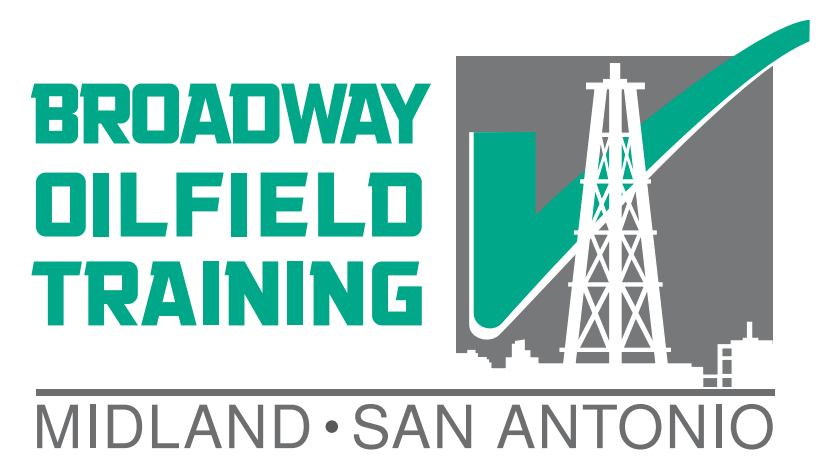Are Fracking Jobs Still a Good Career Choice?
The term “fracking” typically conjures up an image of environmentalists and protestors trying to prevent the process from happening in their area.
Although there is controversy surrounding the process of fracking, it is undoubtedly an asset to the oil and gas industry.
Fracking has led to an increase in the supply of both oil and gas in the world market, creating greater energy independence for many countries.
With many companies expanding their technologies, and taking environmental concerns into consideration, it seems that fracking may just be a good career choice for those in the oil and gas industry.
Read on to find out more about how fracking works and how to find work implementing the fracking process:
An Overview of Fracking
Also known as “hydraulic fracturing”, fracking is a drilling technique used for extracting oil or natural gas from deep underground.
It works by injecting liquid and materials at high pressure in order to create small fractures within tight shale formations. Oil or natural gas is then safely extracted from an underground well.
Fracking is conducted after the rigs and derrick are removed from a drilling site and takes about three to five days to complete.
Once the fracking is finished, the well is considered “completed” and can then produce oil and natural gas for years afterward.
In the 1940s, it was proposed that fracturing a rock formation through hydraulic pressure may increase well productivity. The first application of the fracking process was used in 1947.
By 1968, fracking was being used in oil and gas wells across the United States but was only being used on less difficult geological formations.
Technological advances eventually combined horizontal drilling with 3D seismic imaging to expand the capabilities of hydraulic fracturing – and from there it has developed into the process we know today.
Is There a Future in Fracking?
Although fracking has been hailed as an energy miracle in the United States, the controversial nature of the process had made it a huge topic for debate.
For this reason, the process of hydraulic fracturing has yet to take off in many other countries.
However, it seems that fracking will continue to be a highly-demanded process in the United States as oil remains the primary source of fuel across the globe and will remain a top economical priority in the U.S.
Additionally, the sustained development of fracking will require a need for more tools and solutions when it comes to sand transportation and water storage as well as oil and gas extraction.
Training Required for Fracking Jobs
Since fracking is a process included in the gas and oil industry, getting a job related to hydraulic fracturing doesn’t require any specialized certification or training.
That being said, you be required to have all the necessary training required to work in any oilfield position.
Typically, fracking jobs seek the following requirements:
- Oilfield experience
- CDL
- Class 1 license
However, there are courses you can take online that will educate you on the fracking process. This may help give you a competitive edge when applying for jobs.
At the very least, you will have some knowledge of how it works and gain a better understanding of which part of the process you would be more interested in working on.
Where to Find Fracking Jobs
There are many online resources you can turn to in order to find fracking jobs in the oil and gas industry, including job boards and sites dedicated to posting oilfield-related positions.
You can also directly contact oil and gas companies in your area.
If you are currently working in the oil and gas industry and are looking for a change, search within your company for job opportunities in fracking or ask around to see if any are available.
When applying for fracking positions, be sure to provide an updated copy of your resume, detailing all of your current experience.
Be sure to include any experience not related to the oil and gas industry that could benefit the position you are seeking.
Final Thoughts
Despite opposition against fracking, it seems that this process is going to continue to be implemented in order to benefit both the oil and gas companies as well as consumers around the globe.
It’s more likely that technology will improve hydraulic fracturing to reduce environmental risks before the process itself is completely shut down.
In the meantime, oil and gas companies are still employing fracking and employing individuals to administer the process.
So if you work in the oil and gas industry and are looking for a new career path, or simply interested in getting started in this line of work, fracking is something you should definitely consider.
Recommended Training: FRAC-BASIC
Notice: Article is provided as is and for informational use only. Eagle Ford Training San Antonio, its owners, instructors, and affiliates hereto referred as the company shall have no liability for and you shall defend, indemnify and hold harmless from and against any claim loss demand, liability, obligation, and expense based upon any injury or damage, spill or pollution, product liability, or any other loss that may occur. The liability for the use of information is solely yours notwithstanding any act of error or omission by the company.

